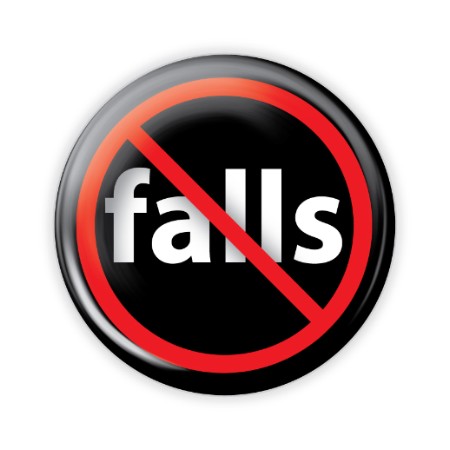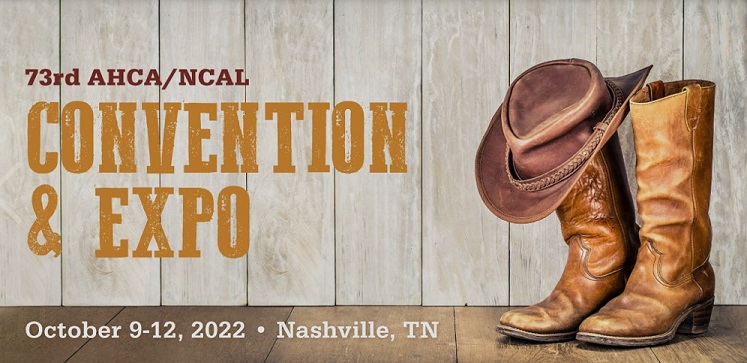Reducing the number of falls in long term care facilities is a goal for everyone. Current strategies to reduce falls typically include complex, multicomponent interventions requiring significant resources, staff time, and resident education. To be sure, these measures help mitigate the risk and reduce the number of falls at nursing homes and senior care facilities; but there is one novel approach that has been theorized over the last decade that has been recently validated through research and come to light.
Read more by going to https://www.providermagazine.com/Topics/Guest-Columns/Pages/2022/A-Simple-Fall-Prevention-Strategy-Comes-to-Light.aspx








